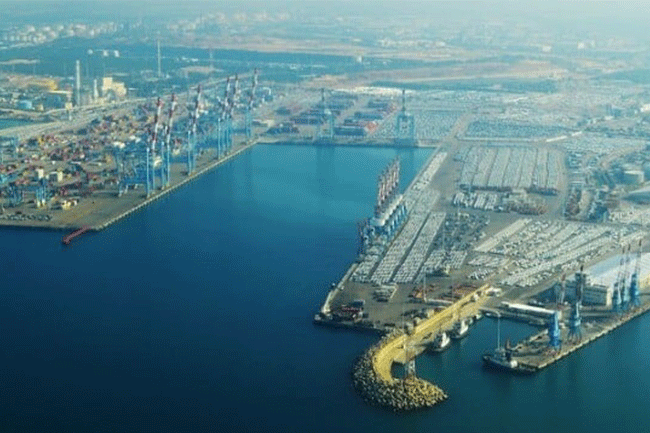Recently, the conflict between Palestine and Israel has escalated again, with the two sides using large amounts of heavy weapons to confront.The range of the conflict has already covered the range of 80 seaside miles, posing a serious threat to the security of surrounding ports.
When Hamas launched the attack last Saturday, the ship Oceania Nautica was stopping at the port of Haifa. Luckily, the ship was able to leave safely because the port was far from the battlefield. But this incident undoubtedly sounded the alarm clock to other ships operating in the region.
As a result of this conflict, several cruise companies have decided to temporarily cancel commercial journeys to Israel. Cruise operators havely canceled their scheduled shutdowns at Norwegian Jewelry, Norwegian Emerald, Oceania Nautica, Oceanica Sirena, Seven Oceans Navigator, Ocean Fantasy, Ocean Odyssey and Celestial in October in Israeli ports. In addition, Celestyal cruises have decided to cancel all Israeli port shutdowns before the end of November.
Israel’s two largest ports, Ashdod Port and Haifa Port,ly delivered 3.1 million TEU last year. At present, Ashdod Port has entered the “emergency mode”. The Israeli Navy has deployed in the region and controlled all passages. In addition, all hazardous goods are subject to case-by-case approval before entry, and certain categories of goods (including all explosives and toxic gases) are currently banned. At the same time, the nearest commercial oil ports to the battlefield – Ashkelon Port and oil terminals – have also been announced closed after the conflict.
This conflict poses huge challenges for the global shipping industry. Many ships have had to change their routes to avoid entering conflict zones. This not only increases the time and cost of sailing, but also puts huge pressure on the global supply chain.



 Follow customer service WeChat
Follow customer service WeChat